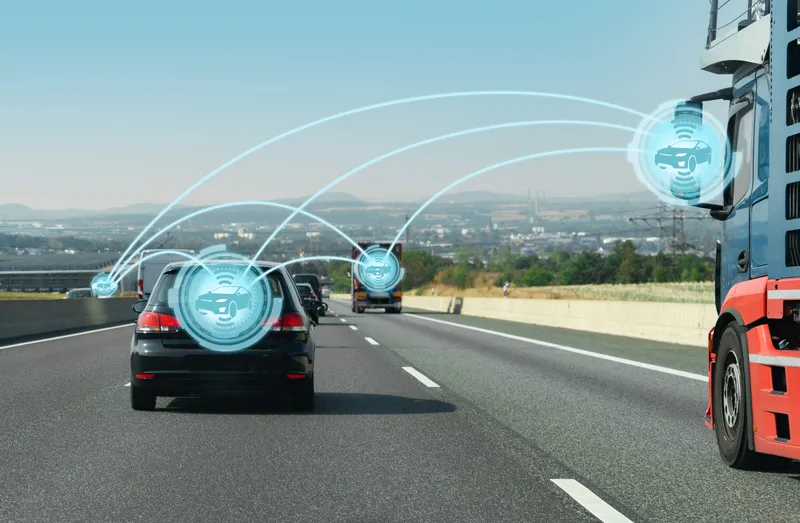BlackBerry has unveiled its BlackBerry QNX Autonomous Vehicle Innovation Centre (AVIC). Housed within the BlackBerry QNX facility in Ontario, Canada, the centre aims to accelerate the progress of connected and self-driving vehicles by developing production-ready software independently and in collaboration with partners in the private and public sector.
As part of this initiative, BlackBerry QNX plans to recruit and hire local software engineers to work on ongoing and emerging engineering projects for co
December 21, 2016
Read time: 2 mins
As part of this initiative, BlackBerry QNX plans to recruit and hire local software engineers to work on ongoing and emerging engineering projects for connected and autonomous cars.
The Ministry of Transportation of Ontario recently approved BlackBerry QNX to test autonomous vehicles on Ontario roads as part of a pilot program. One of the centre's first projects will be supporting this pilot as well as BlackBerry QNX's work with the University of Waterloo, PolySync, and Renesas Electronics to build an autonomous concept vehicle.
BlackBerry QNX has been supplying embedded software to the automotive industry for over ten years and can be found in more than 60 million vehicles today. Millions of telematics-equipped cars on the road are using BlackBerry's Certicom security technology for communication authentication and authorisation. Already a leading supplier of software for infotainment, acoustics, telematics and digital instrument clusters, BlackBerry QNX is extending its platform expertise into ADAS (advanced driver assist systems), CVAV (connected vehicle and autonomous vehicle) systems and secure over the air software update services.










